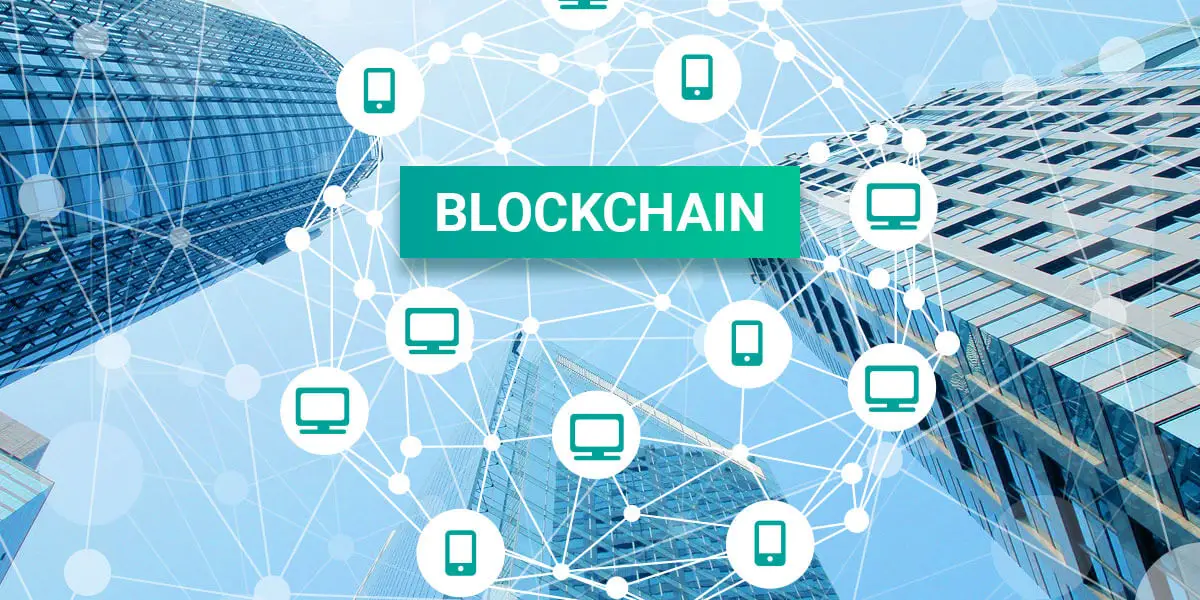
Blockchain real estate is already gaining traction as a way for buyers, sellers, and investors to interact with each other and learn about properties.
Real estate is the world’s largest asset class. According to an MSCI analysis, the professionally managed global real estate investment market grew from $7.4 trillion in 2016 to $8.5 trillion in 2017. On the other hand, today’s real estate market comprises many siloed and independent networks characterized by transactional friction and opacity between existing systems.
Commercial enterprises and real estate professionals recognize blockchain technology’s transformative impact in optimizing retail and commercial property sales, streamlining payments, and increasing access to real estate funds and investment opportunities. SmartOSC presents blockchain real estate use cases to realize the industry benefits.
Because of its inherent trust system, blockchain is ideal for real estate. Real estate companies worldwide use blockchain’s smart contracts and ledger capabilities to facilitate renting, buying, investing, and even lending transparently and efficiently.
Using blockchain technology in real estate transactions is becoming more common as the benefits of this system become more widely recognized. Blockchain real estate allows for the secure and decentralized recording and transfer of asset ownership. This has the potential to transform the real estate industry. Blockchain has the potential to change the future of real estate transactions in a variety of ways.
For starters, it could speed up and simplify buying and selling real estate. Furthermore, smart contracts have the potential to automate many of the tasks involved in a real estate transaction, from title searches to escrow services. Another advantage of blockchain real estate is that it provides a more secure method of recording property ownership. Traditional methods of registering property ownership are frequently vulnerable to fraud and errors. Blockchain offers a safe way to store this data. This could aid in the reduction of fraud and property scams.
Overall, blockchain real estate technology can significantly simplify and streamline the buying and selling of real estate. It may also aid in increasing security and reducing fraud.
There are many advantages to using blockchain technology in real estate. Blockchain real estate technology makes complex real estate transactions, from title transfers to price negotiations, straightforward and secure.
Consider how apartment tours have gone digital in recent years. You can take a self-guided tour and look at apartments without speaking with a leasing agent. Similarly, blockchain technology digitalizes and simplifies many steps in the property purchase process by providing secure and virtual solutions.
Some of the benefits of blockchain in real estate:
Enterprise blockchain technology is transforming the real estate industry into ten use cases:
The real estate business could be radically transformed by blockchain. To put it bluntly, it is a disruptive innovation that will alter the roles of industry participants.
Again, blockchain real estate platforms may one day enable fractional ownership of real estate assets, allowing a broader range of people to invest in property. This could create new investment opportunities and help democratize the real estate market. Of course, blockchain technology will take some time to fully accept and integrate into the real estate industry. However, as more people realize blockchain real estate use case’s potential, SmartOSC believes it will change how we buy, sell, and invest in real estate.
Increased acceptance and knowledge sharing have aided the spontaneous growth of cryptocurrency over the last…
Blockchain can be intimidating to research, but attending cryptocurrency events is one of the best…
Blockchain has made inroads into all major industries and is also becoming a part of…
In recent years, blockchain lending solutions have grown in popularity as a way to earn…
The scalability trilemma is still one of the blockchain's most pressing issues. Here are some…
Many people are looking for ways to get involved in the crypto world as the…